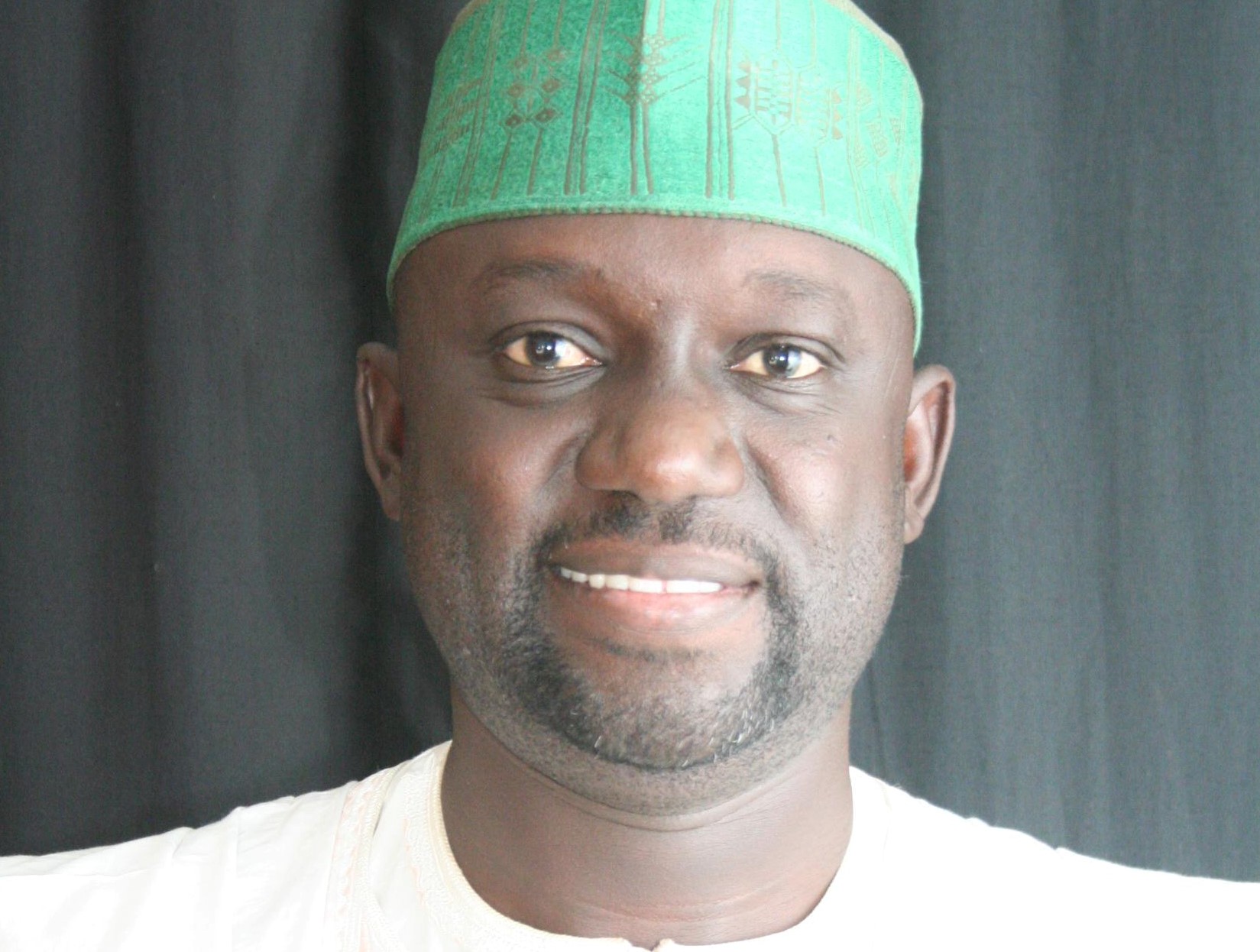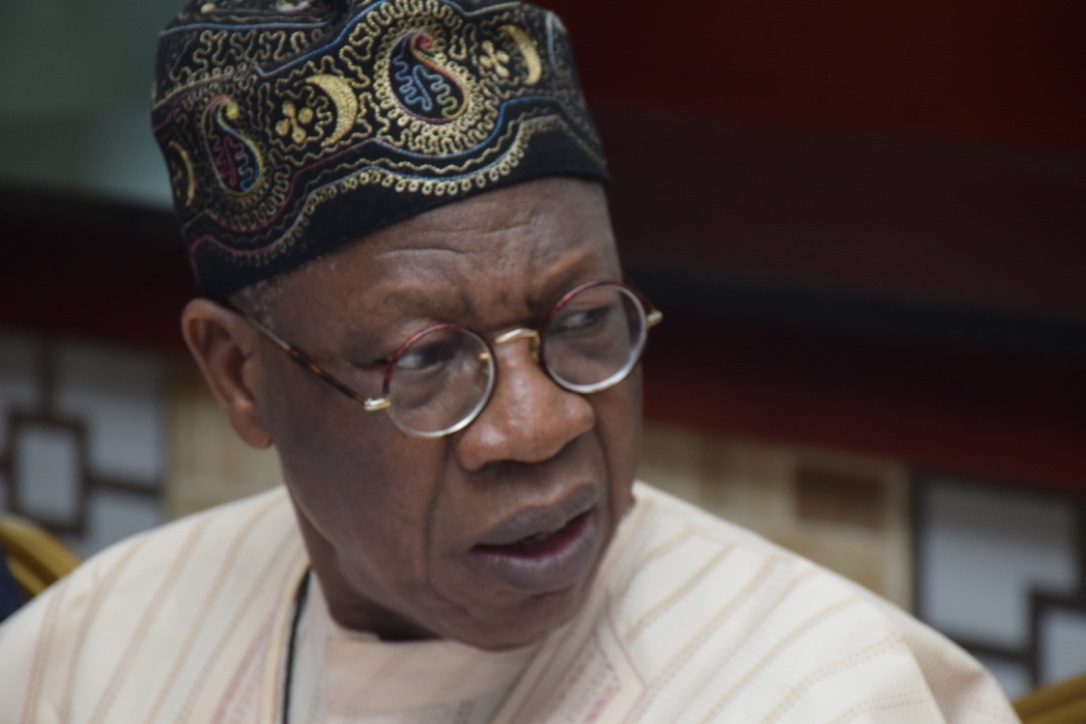The International Monetary Fund (IMF) has projected growth of 2.5 percent for Nigeria in 2021 from 1.5 announced in January.
The new growth projection is 1.0 percent higher than IMF’s 2021 forecast in January.
The Washington-based institution disclosed this on Tuesday during the 2021 Virtual Spring Meetings.
Nigeria exited recession with a 0.11 percent growth in the fourth of 2020.
Advertisement
IMF also forecast a growth of 3.4 percent for the Sub-Saharan Africa region in 2021, up 0.2 percent, from the previous forecast.
It also lifted its global economic growth forecast for 2021 to 6 percent — the strongest annual growth in more than four decades, up from the 5.2 percent it anticipated in October. The rebound comes after a 3.3percent contraction in 2020.
“Global prospects remain highly uncertain one year into the pandemic. New virus mutations and the accumulating human toll raise concerns, even as growing vaccine coverage lifts sentiment. Economic recoveries are diverging across countries and sectors, reflecting variation in pandemic-induced disruptions and the extent of policy support,” IMF said in a statement.
Advertisement
“The outlook depends not just on the outcome of the battle between the virus and vaccines—it also hinges on how effectively economic policies deployed under high uncertainty can limit lasting damage from this unprecedented crisis.
“Global growth is projected at 6 percent in 2021, moderating to 4.4 percent in 2022. The projections for 2021 and 2022 are stronger than in the October 2020 WEO. The upward revision reflects additional fiscal support in a few large economies, the anticipated vaccine-powered recovery in the second half of 2021, and continued adaptation of economic activity to subdued mobility.
“High uncertainty surrounds this outlook, related to the path of the pandemic, the effectiveness of policy support to provide a bridge to vaccine-powered normalization, and the evolution of financial conditions.”
Advertisement
Add a comment







